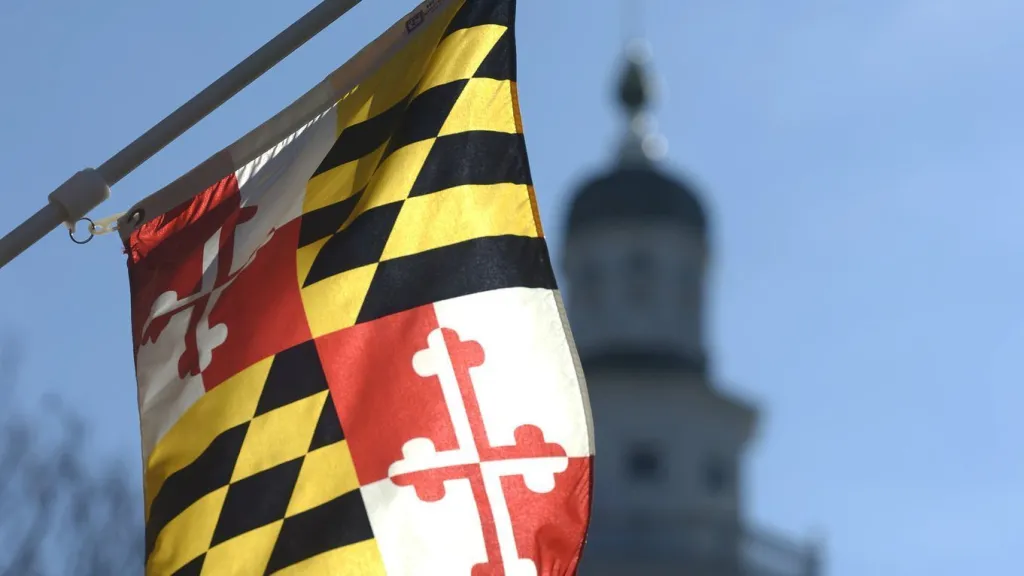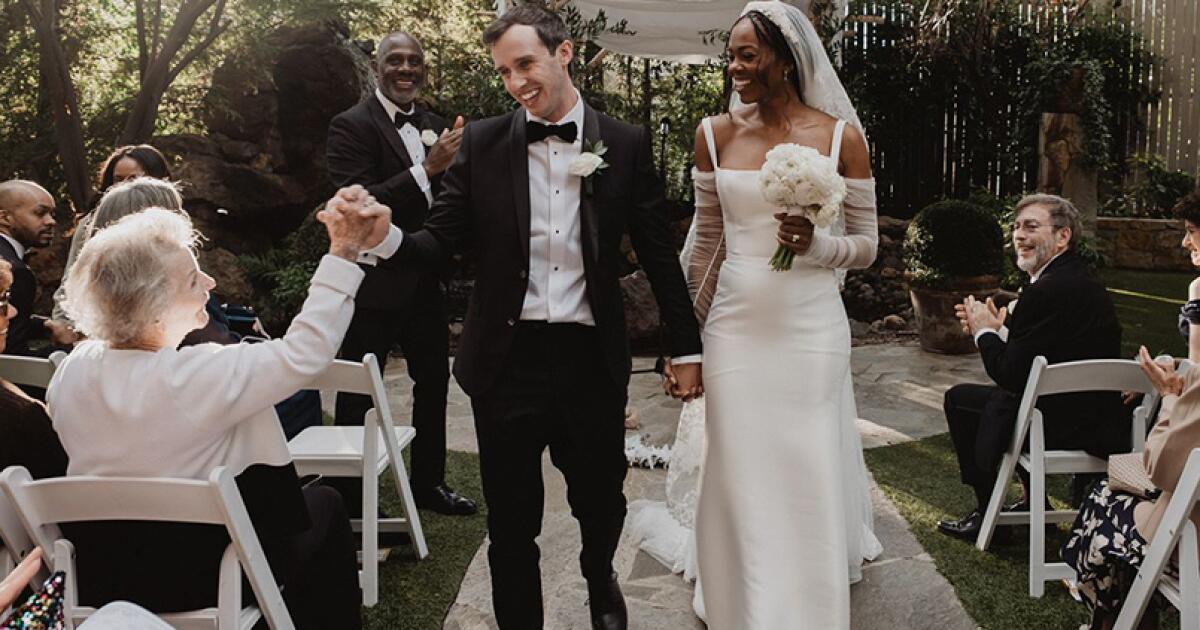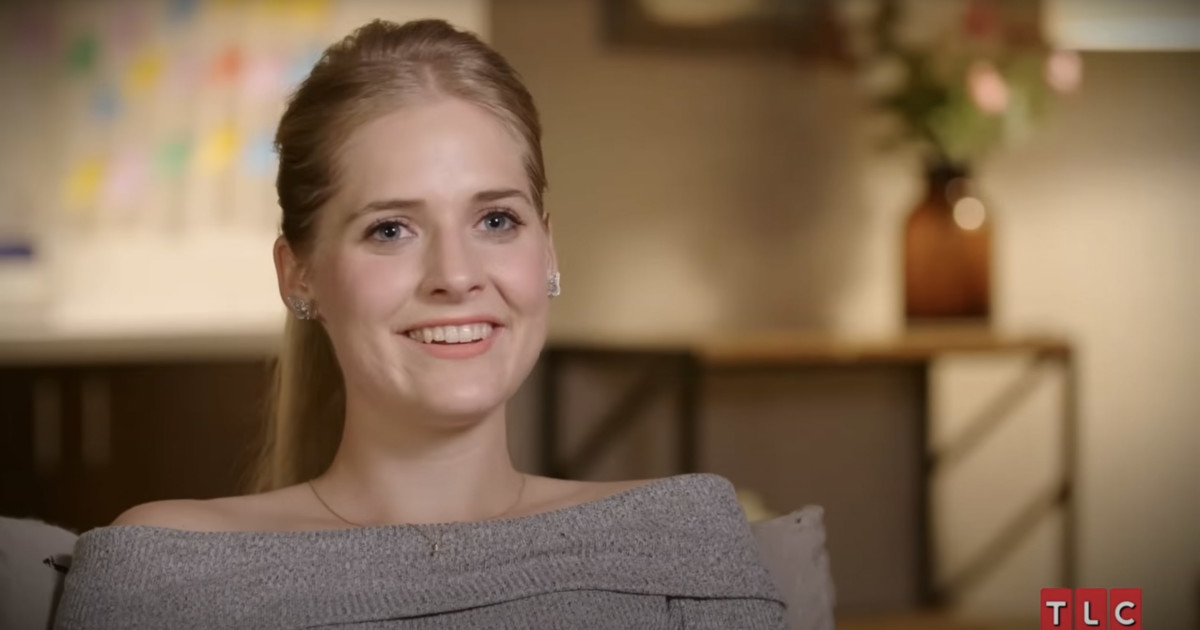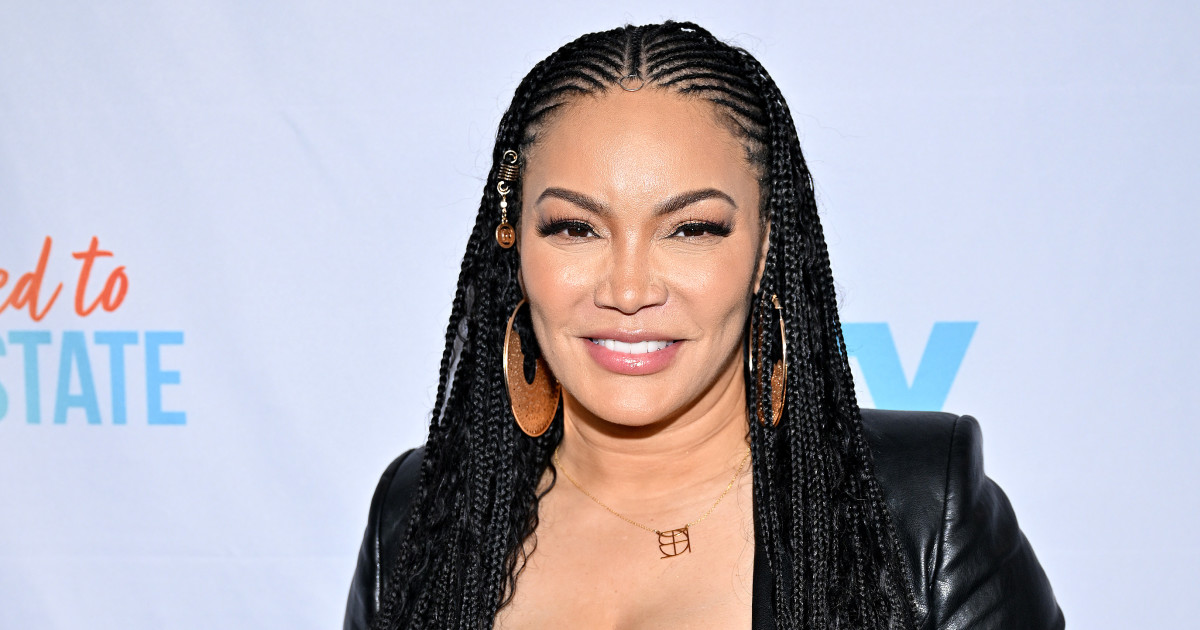Copyright Screen Rant
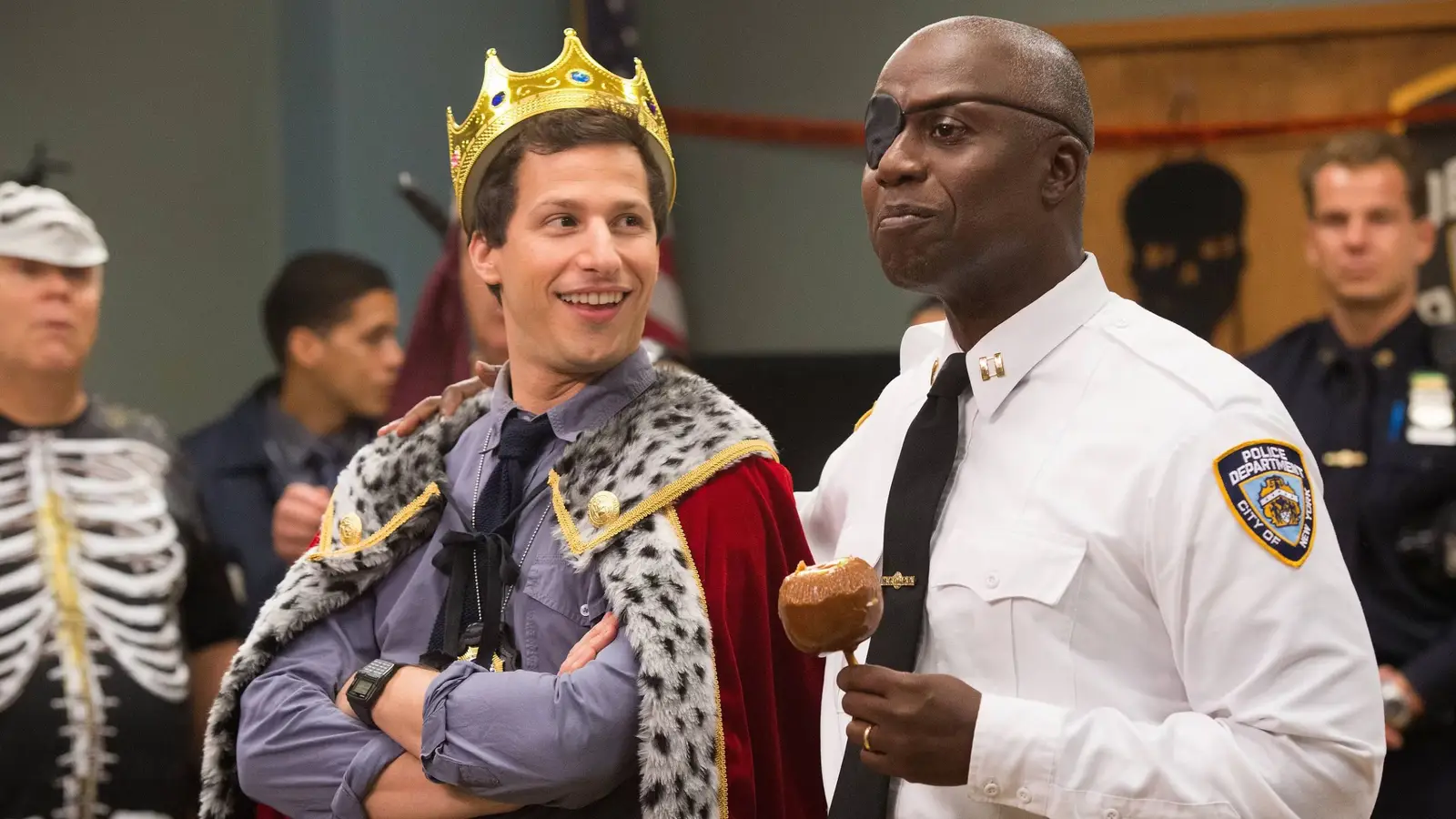
Hitting 100 episodes of television feels like crossing the finish line only to immediately start running another marathon. It's rare for even the best shows of all time to even reach that milestone, and it's even rarer for the longest-running shows to maintain quality when they do. Most series tend to burn bright and then just fade away, or sometimes they drag on long after the original creative spark has disappeared. But the ones that stick around, keeping their integrity, humor, and heart intact, really earn a kind of respect that manages to go beyond simple cultural trends. These 20 series, spanning different genres, networks, and even decades, showed everyone that creative longevity requires serious craft. Arrow (2012–2020) 8 Seasons. 170 Episodes Arrow began with a grounded ambition that really drew people in. Its first two seasons were gritty, emotional, and incredibly well-writte, It felt like DC’s serious, street-level response to what Christopher Nolan accomplished with The Dark Knight trilogy, and Stephen Amell brought an unexpected amount of emotional depth to the character of Oliver Queen. However, as more Arrowverse shows expanded, Arrow unfortunately became a victim of its own major success. The heavy reliance on crossovers often bloated the main storylines, and frankly, the later seasons had a tough time finding compelling ways to justify their longer narrative arcs. Regardless of those pacing issues, the cultural impact of the show is absolutely undeniable. Without Arrow, we wouldn't have The Flash, Legends of Tomorrow, or Superman & Lois. Even though the overall quality saw a noticeable dip in those middle seasons, the legacy it created remains incredibly important. The Walking Dead (2010–2022) 11 Seasons, 177 Episodes When The Walking Dead was hitting its stride, it really felt like a cultural phenomenon. Those early seasons gave us gut-wrenching tension, complex character arcs, and a kind of bleak beauty that managed to elevate standard zombie horror right into the territory of prestige drama. Unfortunately, by the later seasons, ignoring the Walking Dead spinoff shows, the quality started to drop off noticeably. Endless bottle episodes, conflicts that felt completely recycled, and some seriously uneven pacing began to wear down even the most loyal viewers. While the current spinoffs are carrying the torch and continuing the story, the main TWD series just couldn’t maintain that early brilliance. Still, for a significant stretch of time, no other show made the apocalypse feel quite so intense and alive. Friends (1994–2004) 10 Seasons, 236 Episodes (+1 Special) Friends was the defining show of the ‘90s because it never tried to be anything more than what it was: six adults, who were pretty messy, stumbling through life. For most of its run, the humor stayed consistently strong, the cast chemistry never cracked, and honestly, even the worst Friends episodes were never truly awful. Still, by season 9, you could tell the energy had shifted. The storytelling felt broader and the specific character quirks started getting exaggerated. Despite that, Friends never completely fell apart the way long-running sitcoms usually do when they reach their final years. It managed to end on a high note, which was more comforting than groundbreaking, but was impressively intact. Scrubs (2001–2010) 9 Seasons, 182 Episodes When Scrubs hit screens in 2001, it completely redefined what a medical comedy could look like by blending surreal humor with genuinely sharp editing, and that raw emotional deaths in Scrubs broke our heart, making it feel alive in a way you rarely see in a sitcom. For eight solid seasons, it managed to deliver heartfelt storytelling through both laughter and loss, and it never once sacrificed its sincerity. Most fans agree that the season eight finale, “My Finale,” serves as the show's true ending. It was a perfect emotional curtain call for JD and Sacred Heart Hospital. The brief Scrubs: Med School reboot that followed in 2010 is really just a curious footnote, and many—myself included—don't consider it canon at all. ER (1994–2009) 15 Seasons, 331 Episodes ER completely changed what was expected from a network drama in the '90s. Michael Crichton (Jurassic Park) made something fast, intense, and genuinely cinematic, and it felt like you were actually in that emergency room. It felt real, chaotic, and deeply human all at once. After some big names left (George Clooney, Julianna Margulies, and Anthony Edwards) there are some harsh realities to accept while rewatching ER, but the overall quality definitely wavered, but what’s remarkable is that the show never completely collapsed. Even during those later years, ER still managed to deliver some standout arcs and intense, high-stakes emotional moments. The finale in 2009 really felt earned, bringing a close to what was one of television’s most consistent and certainly most influential runs. 30 Rock (2006–2013) 7 Seasons, 138 Episodes After Tina Fey exited SNL, 30 Rock felt like a show that had been beamed in from a much sharper dimension. Fey's meta-sitcom, which was about the chaos of making live sketch comedy television, achieved absurdist perfection thanks to its razor-sharp writing and unrelenting pace, and 30 Rock kept up an almost impossible level of wit within its own slice of New York City. Although some 30 Rock jokes aged poorly, the series never truly lost its spark, and its experimental moments like the two live episodes remain memorable. The chaotic chemistry between Fey and Alec Baldwin was always the anchor, holding together even the show's strangest narrative arcs. It’s crazy to think that what started as a quirky behind the scenes look at SNL became its own strange mythology. The Simpsons (1989–Present) 37 Seasons, 794+ Episodes For its first decade, The Simpsons wasn't just great television—it felt like the standard for television. The best seasons of The Simpsons exist from seasons 3 through 8 remain one of the most consistent comedic runs in history, and it's easy to see why. They were socially sharp, emotionally grounded, and endlessly quotable, defining satire for an entire generation while still feeling incredibly warm and human. Once the millennium hit, you could feel that some of the show's magic dimmed a bit. The series started leaning heavily on celebrity cameos and much broader humor, losing the subtlety that made its early years feel so revolutionary. Even past its prime, The Simpsons endures as this massive pop-culture institution. It truly is a living record of American life and one of those rare shows that has genuinely earned the right to keep going. Law & Order: SVU (1999–Present) 27 Seasons, 578+ Episodes Debuting back in 1999, Law & Order: SVU took the original franchise’s familiar procedural engine and really cranked up the emotional intensity. Mariska Hargitay’s Olivia Benson quickly became the undeniable heart of the series—she’s steadfast, deeply empathetic, and just endlessly resilient. For its first decade, SVU delivered consistently gripping, character-driven storytelling, managing to perfectly balance sensitivity with genuine shock value. Later years definitely started leaning heavier on the melodrama and those intense ripped-from-the-headlines cases, but even at its most formulaic, Law & Order: SVU's lowest-ranked episodes somehow never collapsed under its massive longevity. Benson’s own evolution, moving from detective all the way up to captain, perfectly mirrored the show’s journey: it’s tougher, wiser, and still fighting for victims even when other stories have long since moved on. Lost (2004–2010) 6 Seasons, 121 Episodes Lost, above most any drama, didn't just change television, it redefined what serialized storytelling was capable of. From that incredible, jaw-dropping pilot episode onward, the show combined mystery, myth, and raw emotion in a way network TV had genuinely never tried before. The best Lost seasons early on were a masterclass in world-building and character exploration, balancing the immediate survival drama with a much larger philosophical scope. It's true that the mythology sometimes sprawled beyond the writers' reach, but I always felt that wasn't really the central point. The later seasons consciously chose heart and emotion over strict logic, and that decision grounded all the chaos in powerful themes of faith, forgiveness, and human connection. I'll always side with the characters of Lost over trying to solve all the island's mysteries, and even though the finale was polarizing for a lot of people, it remains one of television's most soulful goodbyes. The Office (U.S.) (2005–2013) 9 Seasons, 201 Episodes Few people expected a remake of the British cult comedy to actually succeed. But by season 2, the show had totally found its rhythm, managing to transform workplace monotony into something genuinely hilarious and, oddly enough, profound. Steve Carell’s Michael Scott evolved perfectly from being completely cringeworthy to surprisingly compassionate, and the stellar supporting cast delivered hilarious scenes in The Office that never get old, while giving the entire series an emotional depth that most sitcoms just never get close to reaching. After Carell left in season 7, the series definitely wobbled, which is understandable, but it never completely fell apart. The final season brought the entire journey full circle, feeling heartfelt, funny, and unexpectedly moving all at once. Even two decades later, The Office still feels incredibly current and alive.
